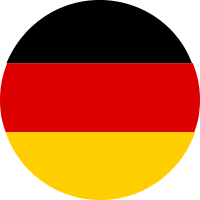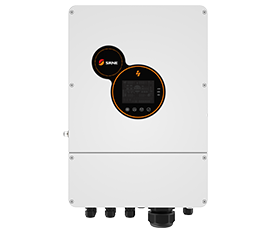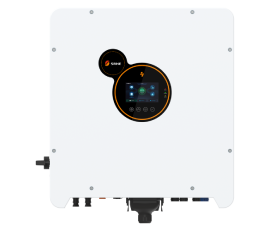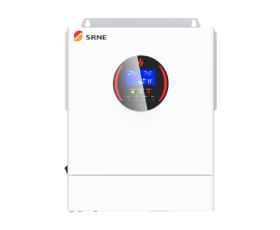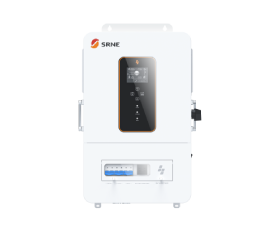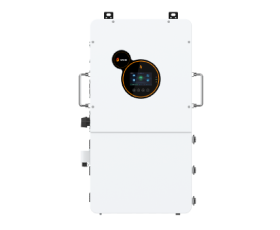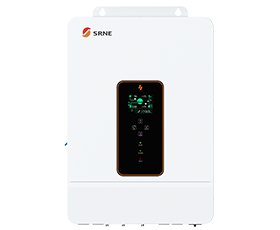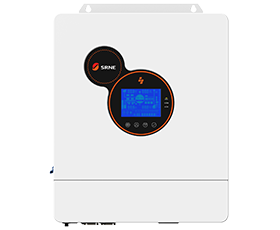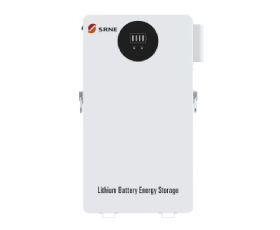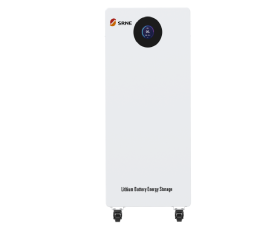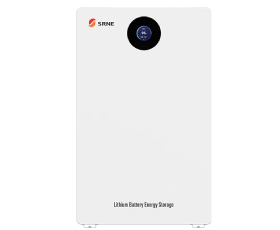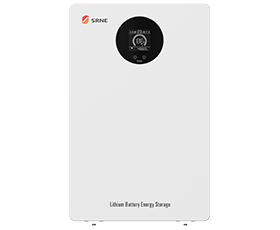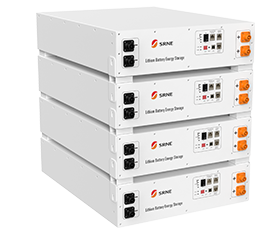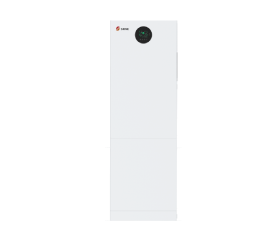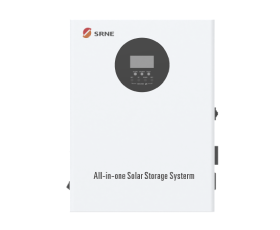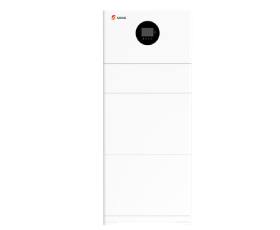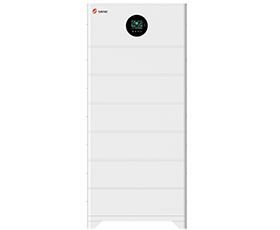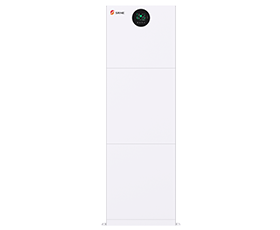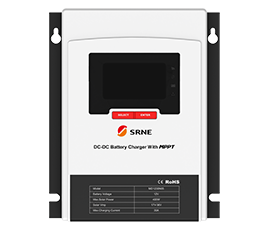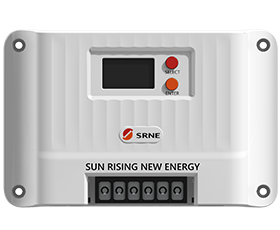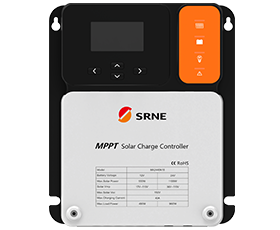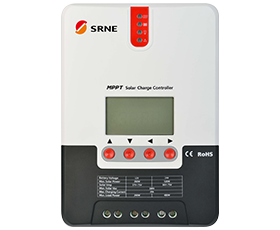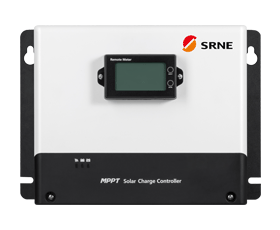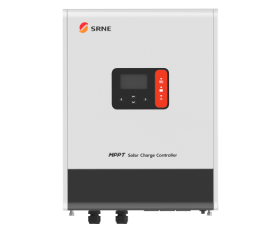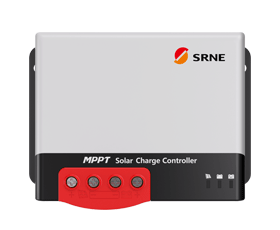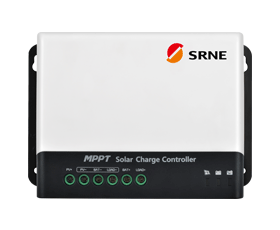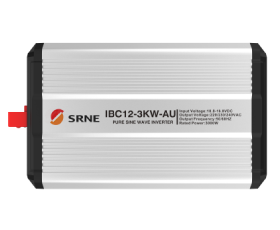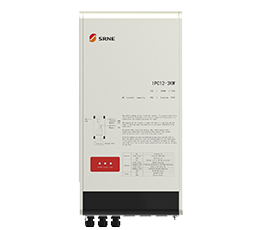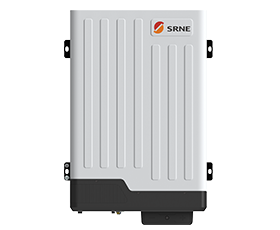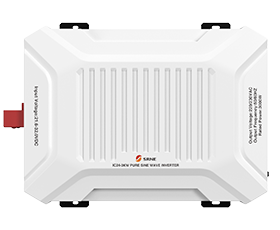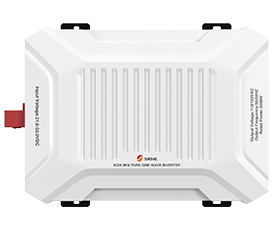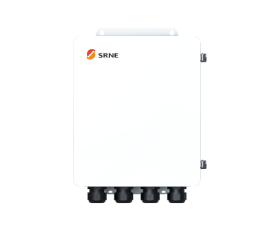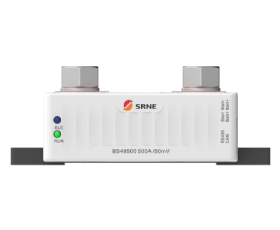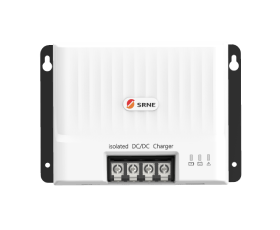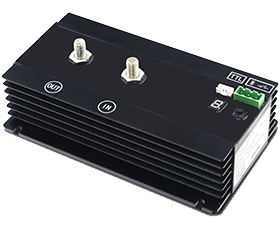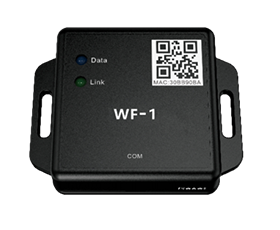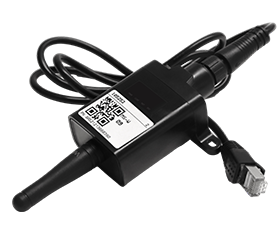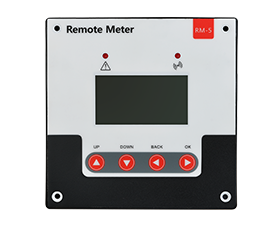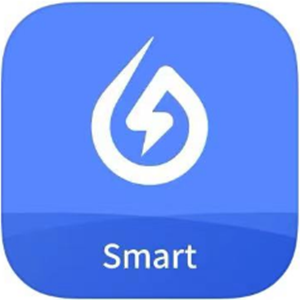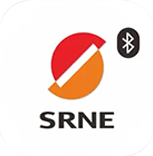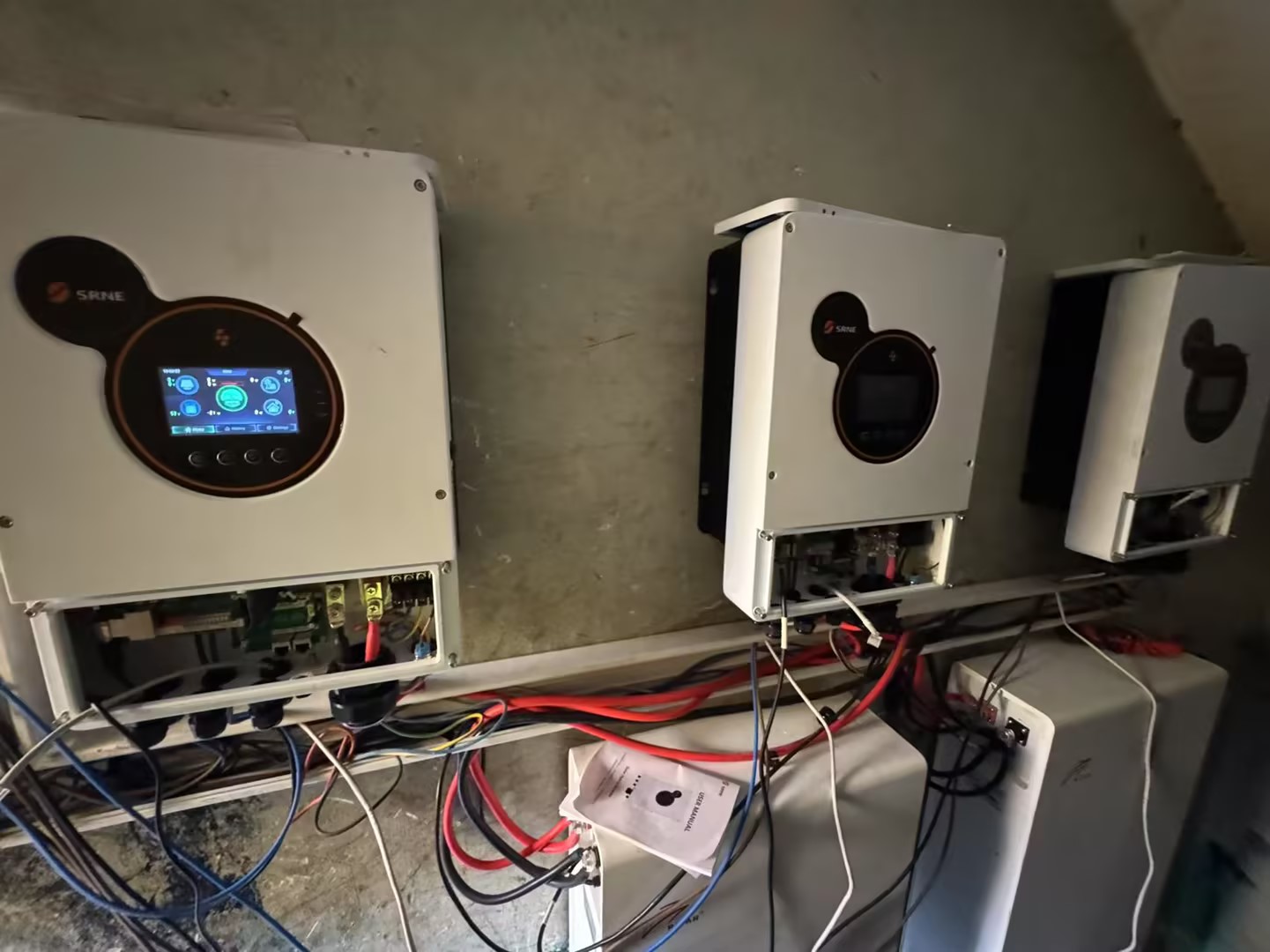Distributed Solar Power Generation
Distributed solar power generation is an approach to provide solar energy resources by deploying technologies and tools in proximity to the end users of the power. The distributed solar power system can be installed on rooftops of your houses or commercial buildings that will use the energy. This contrasts with centralized generation where solar electricity is produced by a large plant and then distributed to consumers through a power distribution network (grid). Distributed solar will normally be produced by individual owners for their own use, but any excess power may be sold to the power company.
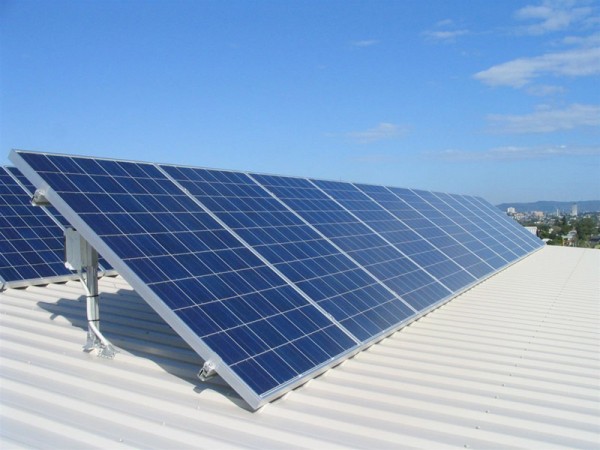
Distributed Solar System Components
Solar Array
Solar panels use sunlight as energy source to generate the direct current electricity, which are generally installed on open ground, walls, or the roof. According to the research data, total solar irradiation on the surface of the earth at noon on a sunny day is about 0.8 - 2kw, depending on your location. Only about 15-20% of this energy is converted by the currently available solar panels to electricity. At all other times the power available will be less. Similarly, daylight hour will vary with the season and latitude. What’s more, not all days will be sunny. Therefore, when calculating the amount of generated electricity, we need to take all the factors into consideration.
Storage Battery
A number of batteries, generally lead acid, will be connected in a series or parallel arrangement, to store the energy available from the panels, and to deliver according to load requirement.
Solar Charge Controller
As the output of the panels varies continuously during the day, a solar charge controller is interfaced between the panels and the storage battery. It make sure that the deep cycle batteries to the solar panels overnight and drain the batteries. Our SRNE solar charge controller series products are of high quality and are popular with both domestic and abroad solar installers. For example, MPPT Solar Charge Controller ML4860 adopts the advanced dual-peak or multi-peak tracking technology and its MPPT tracking efficiency is up to 99.9%. Besides, it has many protection functions, which ensure that it can operate normally.
Solar Inverter
Till this point the power is in DC (Direct Current) form, but the household outlets are in AC (Alternating Current) form. Here is where the inverter comes into the picture: it converts DC of batteries to AC for use in the household circuits. The inverters normally have switching arrangements to control power flow to the load.
Mounting Structure
The mounting structure used for installing adds to the aesthetic of the unit. It is important to ensure that the mounting structure is secure enough and adheres to the local government regulations.
Advantages of Distributed Solar Power System
1. Lower cost
By reducing overall demand for electricity during daytime hours that form the peak period for most utilities, solar energy production helps customers and utilities avoid investments in new power plants.
2. Reduced waste
Solar energy systems produce clean and renewable electricity on site, reducing the amount of power utilities must generate or purchase from fossil fuel-fired power plants. In addition, distributed solar power systems reduce the amount of energy lost in generation, long-distance transmission and distribution.
3. Reduced greenhouse gases
According to the data, the electricity sector was the largest source of global warming emissions in 2014. Generating energy from the sun provides a renewable source of energy that produces little to no greenhouse gas emissions. In 2015, distributed solar energy alone — just solar panels on households and businesses — averted approximately 8 million metric tons of carbon dioxide emissions.
4. Stronger grid
Distributed energy decentralizes the grid, potentially protecting people in one region from other areas that are experiencing problems, like blackouts. Emerging technologies, including smart meters and small-scale battery storage systems, will enhance this value.
Conclusion
Distributed solar system has its own advantages. By installing a distributed solar system for your business and home, you can not only save money on electricity bills but also lower carbon emissions and contribute to creating a clean and pollution-free environment.







